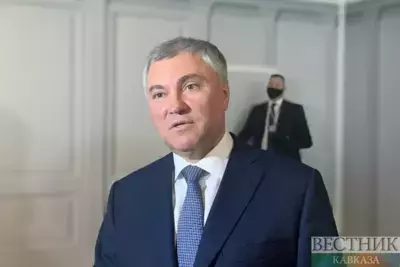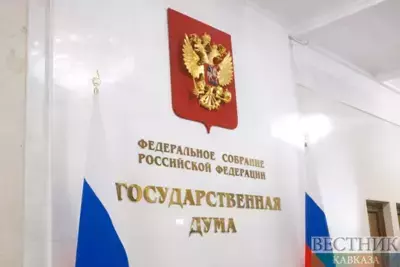According to Reuters, ratings agency Fitch revised its outlook on Russia’s long-term foreign- and local-currency issuer default ratings to positive from stable. Fitch, which also affirmed Russia’s rating at “BBB-”, said the country continues to make progress in strengthening its policy framework, underpinned by a more flexible exchange rate, strong commitment to inflation targeting and a prudent fiscal strategy. Standard & Poor’s Global Ratings last week retained Russia’s long-and short-term foreign currency rating at ‘BB+/B’ with a positive outlook.
The rating agency added that Russia's recently approved budget rule reflects the country's commitment to fiscal prudence, Sputnik reports. "This policy mix will result in improved macroeconomic stability and, together with robust external and fiscal balance sheets, increases the economy's resilience to shocks," Fitch said.
Fitch cited some inflationary risks stemming from exchange rate volatility, domestic demand recovery and food price shocks. Inflation is expected to average at 4.5 percent in 2018-2019, an unprecedented low for Russia, Fitch added.
Commenting on the improvement of Fitch's revision of Russia outlook from stable to positive, Russian Finance Minister Anton Siluanov noted that this is a logical decision reflecting the government's efforts to maintain macroeconomic stability. "The agency gave a high assessment of the budgetary policy pursued, and noted the adoption of the budget rule as a factor of the budget stability," he said.
In turn, the head of the international committee of the Federation Council, Konstantin Kosachev, noted that revision of the outlook was belated, as the Russian economy had been demonstrating positive dynamics for many months.
The deputy head of the budget committee, Nikolai Zhuravlev, drew attention to the fact that the rating upgrade has good grounds. "It reflects the current state of the domestic economy, this is a result of the successful measures of the mega-regulator to reduce inflation, and effective monetary policy, strengthening the ruble," he said.
The head of the State Duma committee for Financial Markets, Anatoly Aksakov, focused on the fact that Fitch's decision will help Russian banks. "Obviously, this will activate the flow of investment into the country, the banking sector will be able to attract resources for lower cost,” Aksakov said, explaining that the increase in the rating outlook was due to the good macroeconomic situation in Russia. "Macroeconomics is good, there is a certainty that the GDP growth will be more than 2%, investment growth has begun and the financial situation is stable, " he said.
















